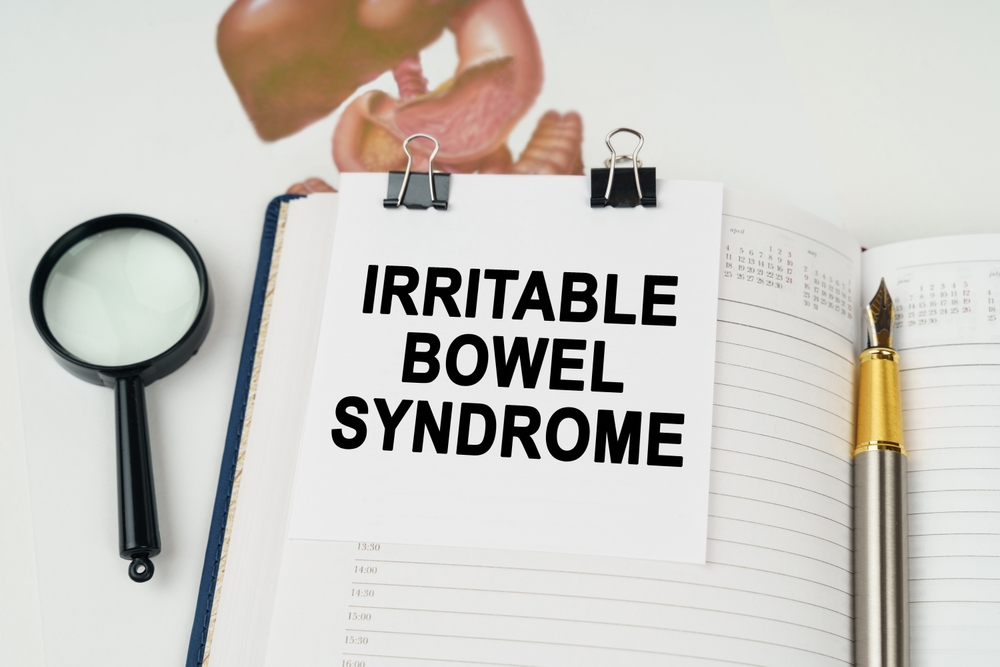Gut health plays a crucial role in overall well-being, influencing various aspects of our health, including digestion, immunity, and even mental health. When gut health is compromised, it can lead to a host of digestive disorders, including diarrhea. Understanding the connection between gut health and diarrhea is essential for managing symptoms and maintaining a healthy digestive system.
Exploring the Causes of Diarrhea and Gut Problems
Diarrhea is a common condition that can result from various factors. Understanding these causes can help manage and prevent episodes effectively.
- Infections: Bacterial, viral, or parasitic infections are the most common causes of acute diarrhea. Pathogens like E. coli, Salmonella, and Norovirus can disrupt normal gut function and cause diarrhea.
- Food Intolerances and Allergies: Lactose intolerance, gluten sensitivity, and other food-related issues can trigger diarrhea. The body’s inability to digest certain substances can lead to gastrointestinal upset.
- Medications: Antibiotics and other medications can disturb the natural balance of gut flora, causing diarrhea. Antibiotic-associated diarrhea occurs when beneficial bacteria are eliminated along with harmful ones.
- Chronic Diseases: Conditions like Irritable Bowel Syndrome (IBS), Crohn’s disease, and ulcerative colitis are chronic disorders that can cause persistent diarrhea.
- Stress and Anxiety: Psychological factors can significantly impact gut health. Stress and anxiety can alter gut motility and function, leading to diarrhea and other digestive issues.
Effective Methods for Treating Gut Issues and Diarrhea
Addressing gut issues and diarrhea involves a combination of dietary adjustments, medications, and lifestyle changes.
- Hydration: Diarrhea can lead to dehydration, so it is crucial to drink plenty of fluids. Oral rehydration solutions (ORS) can help replenish lost electrolytes.
- Dietary Adjustments: A BRAT diet (Bananas, Rice, Applesauce, Toast) can help manage symptoms. Avoiding dairy, fatty foods, and high-fiber foods can also reduce irritation.
- Probiotics: Probiotics are beneficial bacteria that can help restore the natural balance of gut flora. Supplements or probiotic-rich foods like yogurt can aid in recovery.
- Medications: Over-the-counter anti-diarrheal medications like loperamide can provide relief. For chronic conditions, prescription medications may be necessary.
- Stress Management: Techniques such as mindfulness, meditation, and exercise can help reduce stress levels and improve gut health.
Recognizing Symptoms of Digestive Disorders
Identifying the symptoms of digestive disorders is key to seeking timely treatment.
- Frequent Diarrhea: Persistent diarrhea lasting more than a few days can indicate an underlying issue.
- Abdominal Pain and Cramping: Pain, bloating, and cramping are common symptoms of gut problems.
- Blood in Stool: This signifies more severe conditions like inflammatory bowel disease (IBD) or infections.
- Unintentional Weight Loss: Significant weight loss without trying can signal a digestive disorder.
- Chronic Fatigue: Ongoing tiredness and fatigue can result from malabsorption and nutrient deficiencies.
Managing Chronic Gut Problems and Persistent Diarrhea
Chronic gut problems require a comprehensive approach to management.
- Medical Consultation: Regular check-ups with gastroenterologists are essential for monitoring and managing chronic conditions.
- Customized Diet Plans: Working with a dietitian to create a personalized eating plan can help manage symptoms and meet nutritional needs.
- Medication Adherence: Following prescribed treatments and medications consistently can help control symptoms.
- Lifestyle Modifications: Incorporating regular exercise, stress reduction techniques, and adequate sleep can improve overall gut health.
- Support Groups: Joining support groups can provide emotional support and practical advice from others with similar conditions.
How Gut Health Impacts Diarrhea: Essential Information
Gut health and diarrhea are intricately linked. The gut microbiome, a community of trillions of bacteria living in our intestines, plays a vital role in digestion and immune function. When the balance of these bacteria is disrupted, it can lead to diarrhea and other digestive issues. Factors such as diet, stress, medications, and infections can alter the gut microbiome, affecting gut health and leading to diarrhea. Maintaining a healthy gut through a balanced diet, probiotics, and stress management is crucial for preventing and managing diarrhea.
Best Treatments for Digestive Disorders and Diarrhea
Effective treatment of digestive disorders and diarrhea involves a combination of strategies tailored to the individual.
- Dietary Management: Identifying and eliminating trigger foods can help manage symptoms. A diet rich in fiber, low in processed foods, and balanced in nutrients supports gut health.
- Probiotics and Prebiotics: Probiotics restore beneficial bacteria, while prebiotics feed these bacteria, promoting a healthy gut environment.
- Medications: Anti-diarrheal medications, anti-inflammatories, and antibiotics (when necessary) can be used to treat specific causes of diarrhea.
- Hydration: Ensuring adequate fluid intake prevents dehydration and supports overall health.
- Regular Exercise: Physical activity helps maintain a healthy digestive system by promoting regular bowel movements and reducing stress.
Understanding the connection between gut health and diarrhea is essential for managing and preventing digestive issues. By recognizing the causes, symptoms, and effective treatments, individuals can take proactive steps to maintain a healthy gut and improve their overall well-being.




